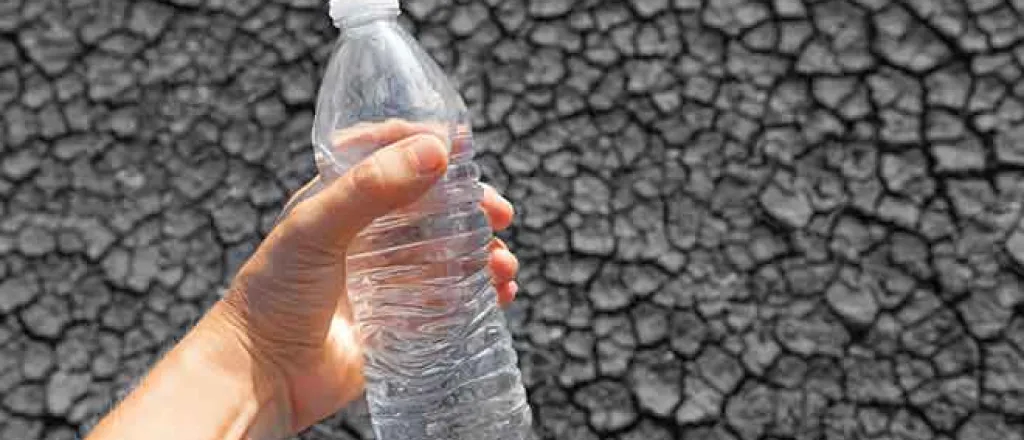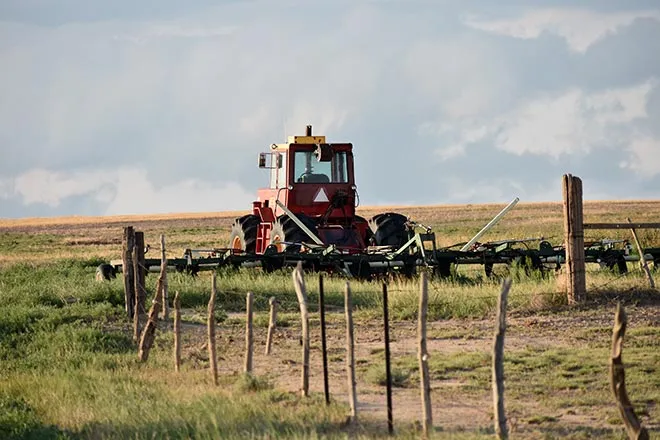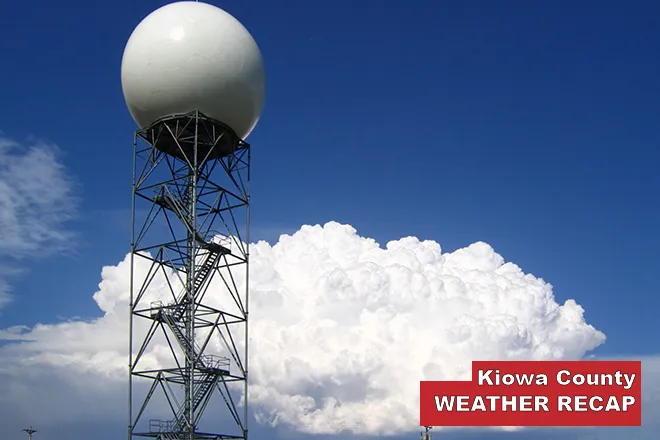
Pecan grower: New Mexico drought is 'manageable' for farmers
(The Center Square) – New Mexico could experience its driest year since 1950.
“We live in the desert,” New Mexico pecan farmer Greg Daviet told The Center Square. “We grow crops in the desert. We have dealt with droughts before. This is similar to other droughts we’ve dealt with.”
Based on records from previous droughts, this year’s shortfall "is still in the manageable category,” he said.
Technology has improved how farmers can cope with droughts, Daviet said, who has 10,000 pecan trees in the Mesilla Valley.
"As the technology for pumping water improves, as our ability to invest in pumping infrastructure improves, we will have more of our water that seeps into the groundwater supply from our surface water supply and is pumped,” Daviet said. “The amount of water coming into our system is fairly similar but it tends to arrive in the groundwater more than it has in previous droughts.”
As long as there is enough groundwater for the irrigation of crops, farmers can produce normal crops, Daviet said.
“Irrigation is the most important management item for a pecan farmer,” he said. “Whether we have a snowpack drought or a rain drought, my management of water will determine production.”
However, irrigation comes with a cost, particularly if you have to pump deeper to get the water.
“That’s the biggest difference between drought and wet, the cost of delivering the water,” he said.
When the ground is full of water and close to the surface, irrigation costs are close to zero, Daviet said. But during a drought, pumps require more fuel to operate such as natural gas, diesel or electricity.
“Typically in a drought cycle, as we've been in for the last 10-20 years, it’s maybe $125 an acre-foot for irrigation water,” he said.
Farmers typically will not spend money to irrigate unless they believe the market prices of their crops will increase enough to cover those costs, Daviet said.
“Farmers are reasonably sophisticated business people,” Daviet said. “They are not going to apply $100 water if they are only going to return $50 worth of product. They will stop and let their land go fallow. If the water is being applied, the assumption is there more than $100 of productivity coming back.”
















